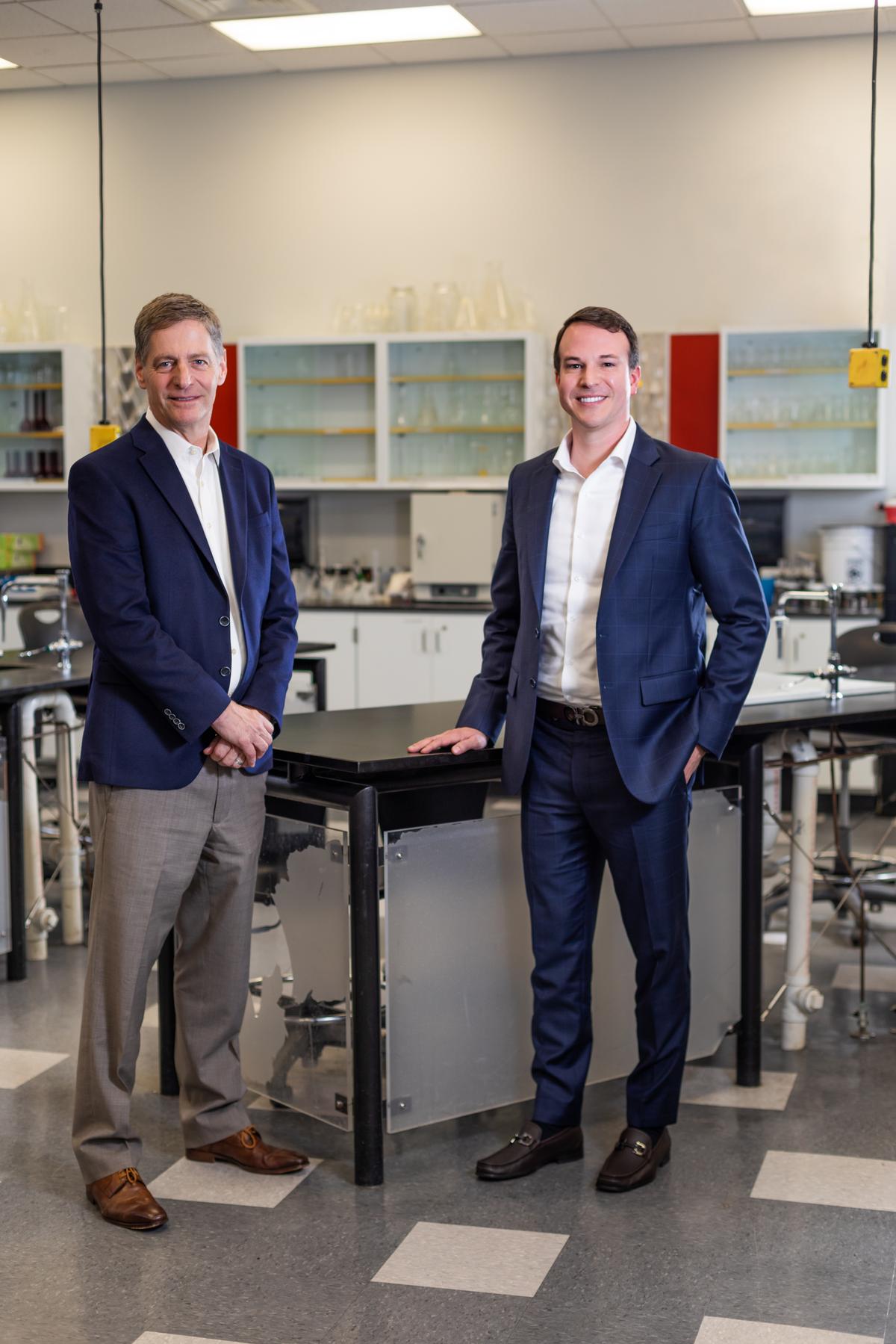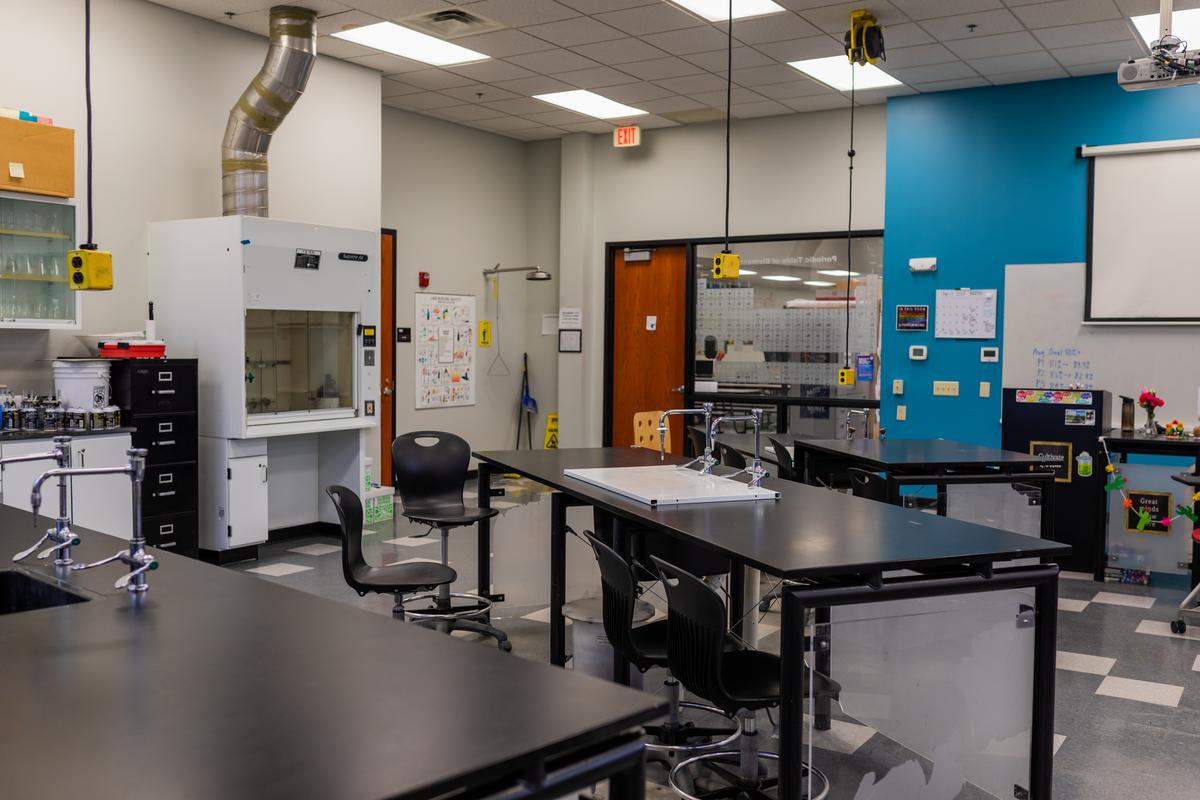A century ago, Gordon Battelle planted the seeds of a legacy that continues to grow and thrive today.
Feeling a strong sense of responsibility to the Columbus community and the advancement of scientific research, Gordon’s vision was to use scientific discovery and advances in technology for the betterment of society. In his 1923 Last Will & Testament, Gordon left a large portion of his estate to create the Battelle Memorial Institute, now one of the world’s largest private research organizations.
True to Gordon’s vision, Battelle, which is headquartered in Columbus, is an independent nonprofit that advances science and technology to have the greatest impact on society. The organization aims to bring together the brightest and most creative minds to solve some of the world’s greatest challenges through research, collaboration, and innovation. Battelle also has its sights set on the next generation, with a commitment to making science, technology, engineering, and math (STEM) education accessible to as many students as possible.
Lou Von Thaer, President and CEO of Battelle, said that giving students access to STEM education, especially in K–12 classrooms, is imperative to our region’s future.

Lou Von Thaer, President and CEO of Battelle, and Wes Hall, Vice President of Philanthropy and Education at Battelle, in the chemistry lab at Metro Early College High School in Columbus. Metro Early College High School was created through a partnership between Battelle and The Ohio State University to give local students a focused STEM education.
“It’s in our best interest to educate the next generation and get them excited about becoming engineers and scientists,” explained Von Thaer. “STEM education helps build skills like collaboration, communication, and critical thinking. Even if students don’t enter STEM careers, these are skills that translate to any industry."
Under Von Thaer’s leadership, Battelle set an ambitious goal: to impact one million students each year with Battelle’s STEM education outreach and philanthropy by 2025. Last year, Battelle surpassed that goal—three years ahead of schedule.
Wes Hall, Vice President of Philanthropy and Education at Battelle, credits this achievement to Battelle’s extensive collaboration with governments, schools, and other nonprofit organizations. One example is the Ohio STEM Learning Network (OSLN), a public-private partnership between Battelle and the Ohio Department of Education. Through the OSLN Classroom Grant Program, K–12 schools can apply for grants to help create sustainable STEM learning projects.

A chemistry lab at Metro Early College High School in Columbus, a STEM-focused education to middle and high school students.
“This partnership came about because we wanted to find ways to invest in teachers’ ideas and support innovation in their classrooms,” explained Hall. “It’s a way for us to leverage our philanthropic giving to help elevate the partnership and bring STEM education to all corners of Ohio.”
The OSLN Classroom Grant Program has supported a wide range of projects, from purchasing calculators for high-level math instruction to learning agriculture and conservation through a school garden. Students have even had the opportunity to partner with NASA to study space concepts and learn about future careers.
Through the Battelle Foundation Fund, a Donor Advised Fund established in 2005 at The Columbus Foundation, Battelle funded 223 projects in 163 schools across Ohio during the 2022–2023 school year, including many in central Ohio.
In 2022, Battelle also gave transformative grants to Girl Scouts of Ohio’s Heartland Council and YMCA of Central Ohio to support STEM education initiatives, as well as to Metro Schools. Located in Columbus, Metro Schools was founded in 2006 as an innovative collaboration between The Ohio State University and Battelle to provide STEM-focused education to middle and high school students.
Looking toward the future, Von Thaer said Battelle continues to explore how the organization can create an even bigger impact—including opening Metro Schools to elementary students.
“It’s really important that we continue to make sure we don’t leave any kids behind,” said Von Thaer. “Kids are born with a natural curiosity, but if we wait too late to introduce them to STEM, then you’ve got an uphill battle. We want every student to have the same opportunities.”